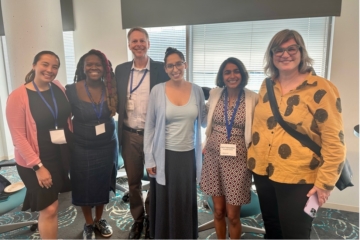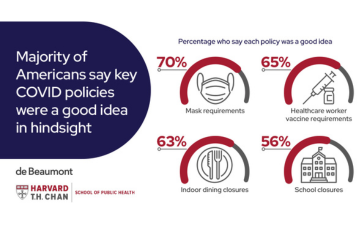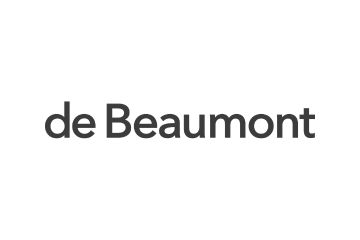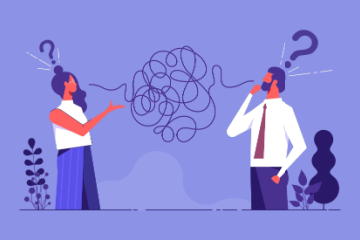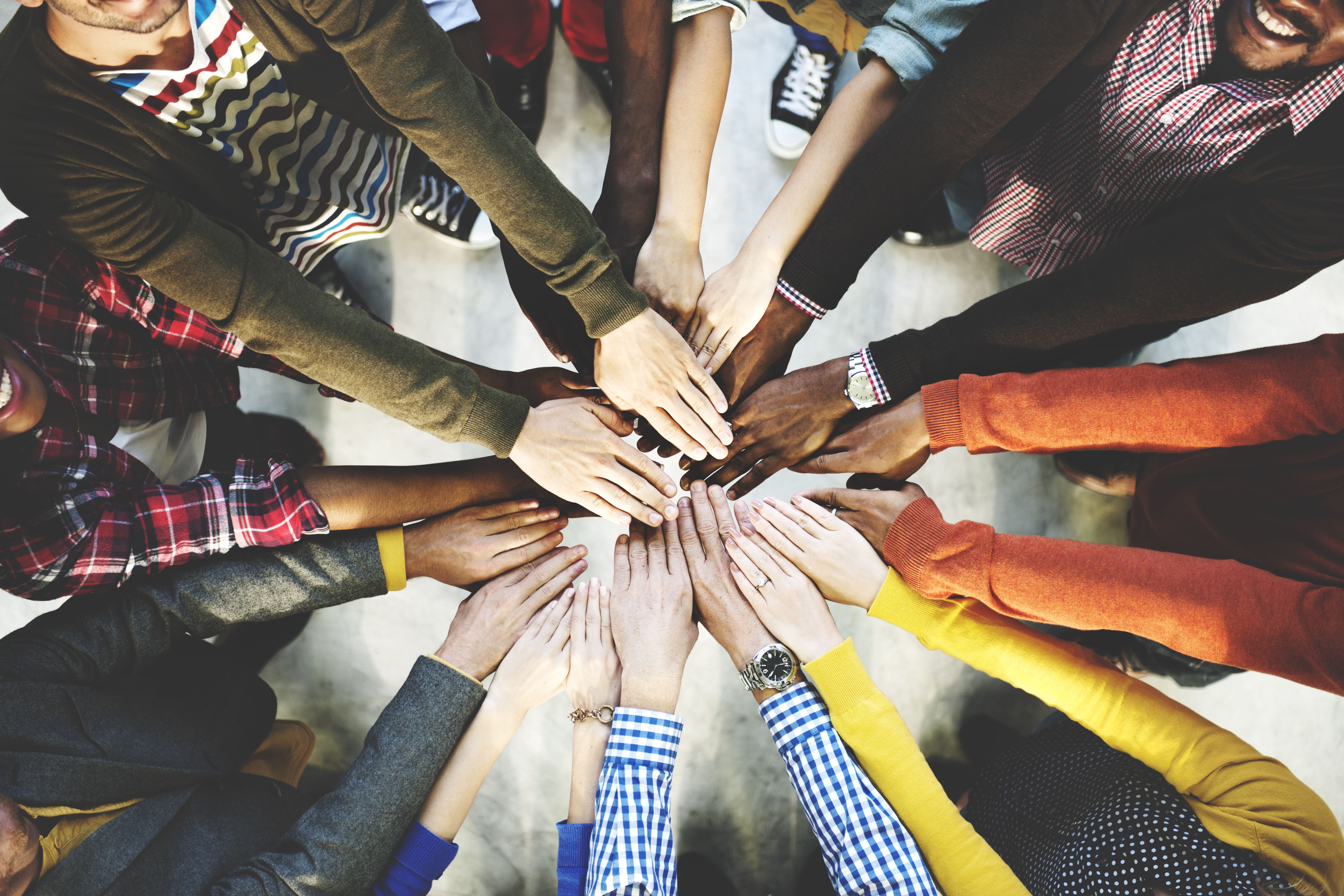
I attended my first meeting along with coworkers who were mostly Black, Indigenous, and people of color (BIPOC), many of whom were jaded by limited progress from earlier efforts. I left the meeting with the task of creating monthly programming for staff and no idea where to start. As a new employee, I lacked context of the staff tension, and as a young, white female, I wondered how best to engage the multi-national and multi-generational staff in a meaningful way.
Since I lacked formal DEI training, I instead drew from my lived experience of working abroad in Tanzania. Inspired by daily chai breaks where coworkers stopped work and talked over chai, I launched a monthly Tea Time program for staff, where staff got to know colleagues and share their cultures in a low stress environment. It quickly became a popular, well attended program, and different groups started to volunteer to host and lead.
Organizing DEI programming in my unit led me to participating in the larger divisional DEI group, where I learned more about and met colleagues doing similar work in their units. As I did more DEI work, I received more invitations into various DEI working groups, affinity groups, and trainings throughout the health department. It was not lost on me that these groups and spaces comprised mostly BIPOC folks, often with me being the only cisgender, heteronormative, white person there. But for public health efforts to effectively reduce the inequities that harm our communities, we need everyone to do equity work.
Inequities are pervasive throughout the country and negatively impact our communities’ health. They play a role in social determinants of health like housing, education, income, access to healthy foods, and access to affordable health care. These problems are so big, and it feels overwhelming to try to change them.
I get overwhelmed thinking about the enormity of issues that impact my public health work, especially as someone who works behind the scenes. Change can take time, but working in DEI spaces has expanded my thinking about how the work can be done and has connected me with collaborators for projects. As an analogy, I’m a member of the Community Recovery Collaborative, a cross-divisional workgroup that supports communities long term after disasters like outbreaks or weather events. From this group, I’ve learned that my division does a lot of recovery work, which I hadn’t previously seen that way because the activities are framed more as project management milestone tracking. Now I can recognize it, and similarly, I can see equity elements and opportunities in my current work.
What does it mean to do the work?
I started by deeply listening in DEI spaces where many BIPOC colleagues shared experiences that I empathized with and observing how staff interacted. I also read books on various DEI topics, such as Caste by Isabel Wilkerson and The Sum of Us by Heather McGhee, to better understand the issues and experiences my BIPOC colleagues talked about. In meetings, I noticed the composition of the staff who were in attendance and encouraged white staff to come to DEI meetings.
In my vaccine equity work, we broke down binaries like “us vs them” and “good vs bad,” and replaced them with a spectrum of where people were in their decision making process, meeting them there, and asking them what they needed to gain confidence in taking the vaccine. Now, I actively deconstruct binaries and replace them with spectrums, which creates opportunities to meaningfully engage people and insert equity elements into my work.
Be committed, be curious, and be patient. As your awareness of DEI issues increases, you’ll start seeing opportunities where you can incorporate its core principles and best practices into your public health work. You’ll also likely gain a group of fellow supporters who will help you think through ideas and how to implement them.
The systems in which we live and work are big, powerful, and slow to change, yet they can be transformed. It’s up to us to work together to change the way public health operates. We need people from all backgrounds involved to ensure we don’t perpetuate or create new inequities with programming, policies, and procedures. For anyone who is frustrated by the systems that drive inequities, I encourage you to make DEI work a habit. You’ll find that approaching public health with a DEI mindset can lead to meaningful, long-lasting impacts in your community.
Carolyn Rhodebeck is an epidemiology coordinator and research scientist at the New York City Department of Health and Mental Hygiene. She is a member of 40 Under 40 in Public Health Class of 2023.

